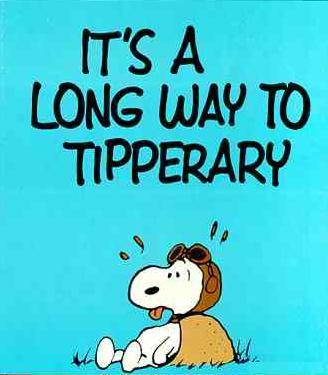What do you think?
Rate this book


359 pages, Paperback
First published May 1, 1987



Ma Chao suspected that Cao Cao was planning to attack him, so he contacted Han Sui to form an alliance.... Cao Cao later followed Jia Xu's strategy to sow discord between Ma Chao and Han Sui and make them become suspicious of each other. Taking advantage of the hostility between Ma Chao and Han Sui, Cao Cao launched an attack on the northwestern warlords and defeated them.Mo Yan thus imbues his story with the echoes and shadows of Chinese history and myth, slyly underlining the internal chaos as a recurrent theme of Chinese history.







